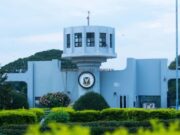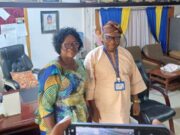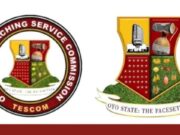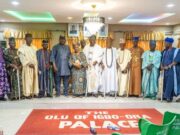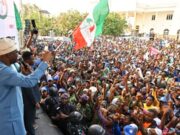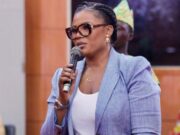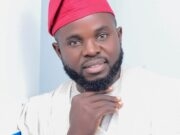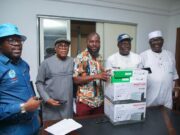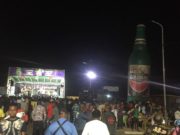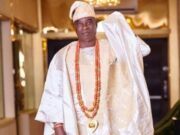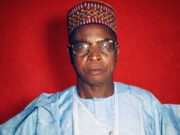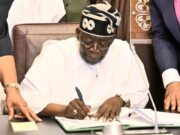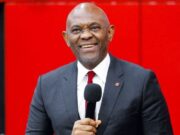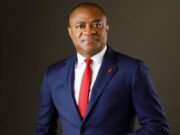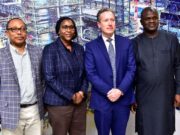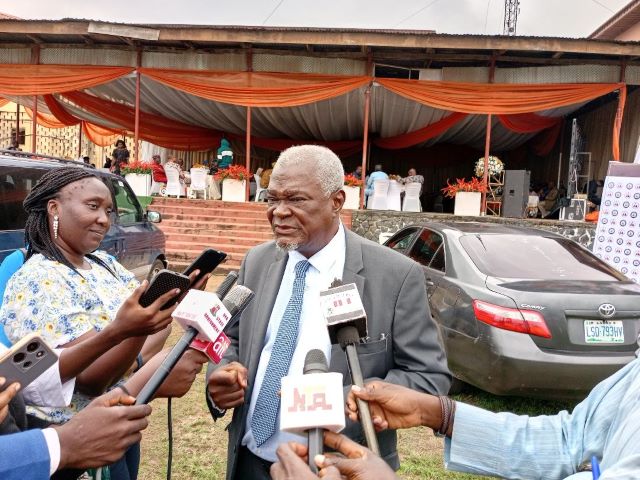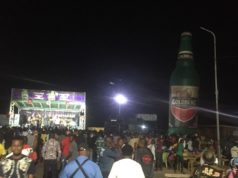The Oyo State Commissioner for Information and Orientation, Prince Dotun Oyelade has charged owners of broadcast stations to wake up to contemporary media challenges and reaffirm their roles in educating, entertaining, and informing the public.
Speaking at the inauguration of the Society of Nigerian Broadcasters, Oyo State Chapter, held at the NTA Ibadan Network Centre, the Veteran broadcast manager expressed concern over the poor performance of government-owned stations in recent years and the negative impact on their ratings.
Oyelade, who has been in the business of broadcast media and management for the past 47 years called for a renewed commitment to excellence, stressing that government broadcast stations should embrace the innovative practices that have allowed private stations to thrive and re-assess their strategies to keep their heads above water.
He said “Referring to data from the National Broadcasting Commission Zonal office, Oyo State has experienced a remarkable growth in the broadcast industry.”
“As of February 2024, the state could boast of 51 radio stations, a significant increase from 20 stations in 2019.
“However, private stations have dominated the landscape, with government-owned stations facing decline in their ratings and struggling to attract advertisers.”
Prince Oyelade further urged the management of government-owned stations to think innovatively and seek collaboration, even with competitors, to navigate the tough business climate citing the example of the British Broadcasting Corporation (BBC) which was established in 1922 by the British government but operating independently and publicly funded as a successful model.
Earlier in his address, the Chief host and former Nigerian Ambassador to the Philippines, Dr. Yemi Farounbi, who has equally had decades of successful management experience in the broadcast media, said broadcasting remains a credible profession.
He said the Society of Nigerian Broadcasters which was mooted in 1963 became formally registered in 1994.
In his key note address, the Vice-Chancellor, Lead City University, Prof. Aderemi Adeyemo said Broadcasting, a vital component of modern communication, plays a crucial role in shaping public opinion, disseminating information, and providing entertainment.
He said as media consumption evolves, broadcasters face a delicate balancing act between maintaining high professional standards and adopting sustainable practices.
The Guest speaker noted that political influences can undermine editorial independence, leading to biased reporting and a loss of credibility.
Identifying that financial constraints can lead to compromises in content quality and ethical standards, Prof. Adeyemo added that media houses must be financially stable to sustain operations by diversifying revenue streams, such as advertising, subscriptions, and partnerships.
Packaged by Adekunle Adegboyega








